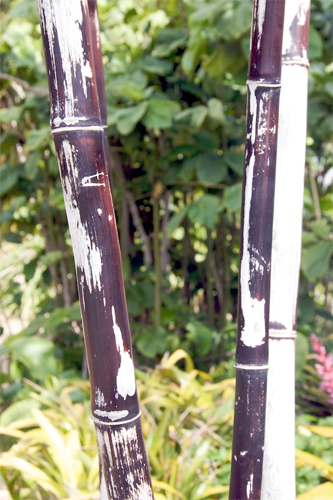Last weekend I attended the Internet Cowboy UnConference in Wyoming, organized by Yossi Vardi. It’s a collection of people hand-picked for some combination of technology or media or advertising or investment savvy and so it’s wildly eccentric. It’s an “unconference” meaning that rooms and times and projectors and organization are provided, but all content is created by the participants by adding your topic to the schedule, which is kept on erasable whiteboards. Since this is in Wyoming the mornings are optional outdoor activities, and the afternoons and evenings are “school.” It starts Thursday evening and goes through Monday morning, though I leave Sunday night because Monday is generally a busy day at Mozilla.
Some of the sessions are tightly related to the Internet, technology and media industries, and some wander wildly afield depending on who brings things — last year there was a fascinating video of a dance club and its members in Israel for example, plus some “let’s go do interesting photography” sessions. This year included Segway sessions, education for the modern world, the nature of conferences and events, and “21st century statecraft” in addition to the Internet-focused sessions. Plus an evening talent show, a gadget-a-thon and the local rodeo. It’s amazing what one learns about people while watching them paddle on a raft in (mild) white-water!
Last year there was a lot of erasing and rearranging and combining of topics, this year it seemed much less so to me. Last year I joined Don Levy of Sony and Rachel Masters in jointly hosting a session on creativity and synthesis — I even took a piece of in process fabric artwork with me since it had caused the topic to be top-of-mind for me. This year I didn’t expect to lead a session until I got there and a few people were disappointed.
I decided to host a session on a topic of interest to me where I’m still thinking things through. This leads to more of a discussion than a presentation, and allows me to learn at least as much as anyone else. I opted for what I called “Delivering the Internet Experience — browsers, “apps,” TV, the “web.” I wanted to explore the question of how we get the characteristics that have made the “web” so innovative and explosive as new use cases develop. The session turned out to fit in well with a few of the other sessions. We started with one on big trends — search, social, for example, what has made search so successful, how do the underlying concepts relate to today’s big trends. Then Jeff Pulver lead a session on the real-time web called “Connected Me.” Then my session, and then one on the ways in which “the titans” of different areas of the industry are likely to end up competing more and more with each other. It was a pretty interesting set of conversations. In part because a similar group of people self-selected to attend this arc and so we could push ideas around from different perspectives over the course of a few days.
A good part of the discussion about apps, browsers, the web was not surprising — local execution is fast, it’s easy to like the current “app” model as long as there’s only one platform, much harder if the Internet remains heterogeneous or new technologies/ platforms develop, web platform not (yet) as rich in accessing capabilities of the devices.
Much less crisp (and also more interesting to me) was the discussion about the traits of the web that we don’t have with the current app model, ranging from the ability of developers to reach a potential audience without centralized control to the ease with which one can move from consumption to creation on the web. We also talked a bit about how and where a human being has the ability to integrate, mange, filter, change and “own” his or her online life. To me, this is an often-hidden but essential aspect of a browser. The obvious part of a browser is that it delivers the web, and this is a massive task. The less obvious piece of the browser is its ability to give an individual the ability to integrate, manage, and change our experiences across the range of sites we visit and apps we use.
Thought-provoking and fun as well.




